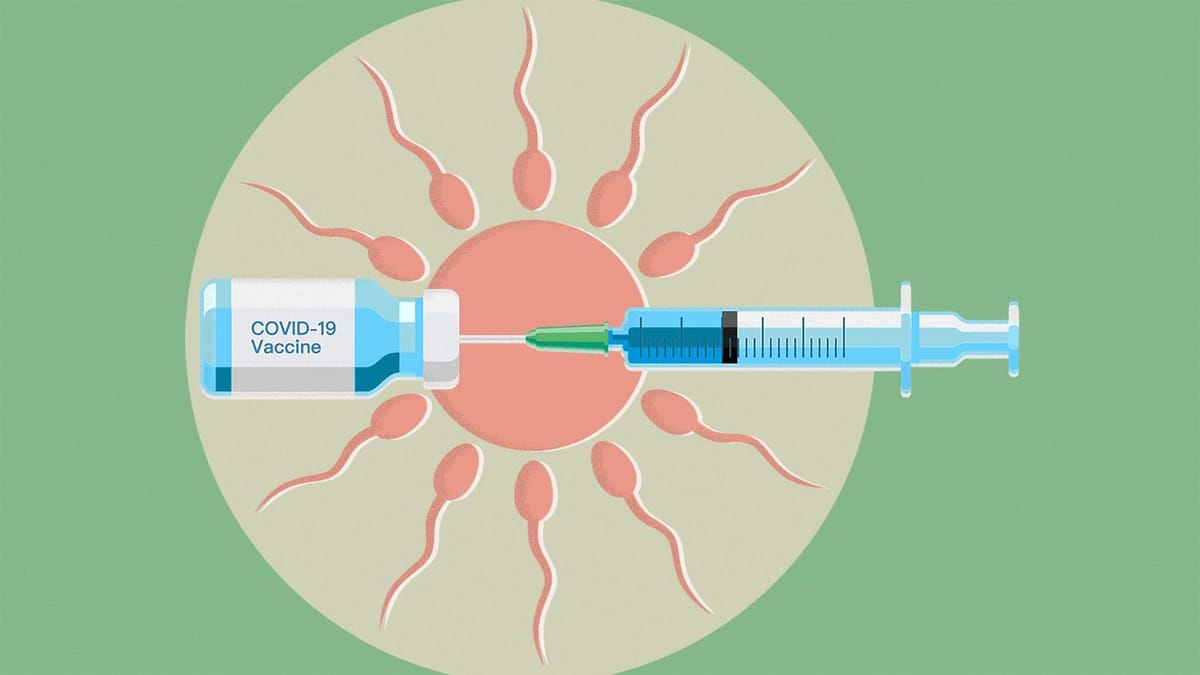New study indicates mRNA injections negatively impact fertility

BY JEFF SKINNER
A recent study published through MDPI by Turkish researchers has indicated that mRNA Covid-19 injections negatively impacted fertility in an experimental, placebo-controlled study.
In the study, thirty female Wistar albino rats, aged 16–24 weeks, were randomly divided into three groups, a control, mRNA vaccine, and inactivated vaccine groups. Each vaccine group received two doses (on day 0 and day 28) at human-equivalent doses. Four weeks post-second vaccination, ovarian tissues were harvested for analysis. What the study found was a significant impact on ovarian preovulatory follicles. Follicles are small sacs found within ovaries that contain immature eggs, or oocytes. These sacs are essential for the development and release of eggs during the menstrual cycle. They also produce hormones that influence the menstrual cycle.
The study found, when compared to all other groups, those injected with the mRNA shots had a 60 percent reduction in preovulatory follicles, a significant increase in TGF-β1, VEGF, and caspase-3 expression, which indicate inflammation and cell death, also called apoptosis. Additionally, those injected with the mRNA also had below normal Anti-Mullerian hormone (AMH) levels, which are a measure of a woman's ovarian reserve, essentially indicating the number of eggs she has left. The effects of this damage were not reversible.
Scientific consensus on female fertility states that primordial follicles, like the ones destroyed by the mRNA injections, do not regenerate. In humans, the likely effect of such biological destruction would be early menopause, infertility and plummeting birth rates.
While the study does not spend much time speculating on the mechanism of action of this outcome, gene therapy researchers have long since known through biodistribution studies, what the impact of mRNA technology would be. In a 2018 edition of the International Journal of Nanomedicine, researchers found that nano lipid particles, used to encapsulate and protect mRNA code for injection delivery, were incredibly cytotoxic and have profound negative impact on the ovaries in nearly every experimental study. Every successive biodistribution study of the injections have shown that the compounds do not remain in the soft tissue they are injected into, and instead travel throughout the body, including into sex organs.

The Turkish study further illustrates what has long been known by nanotech and gene therapy researchers, mRNA injections have deleterious impacts on fertility. Despite this information having been known for years before the rollout of mRNA Covid injections, there is no indication doctors or pharmacists ever communicated fertility risks to recipients. In Ohio, failure to inform on risks of medical procedures would traditionally be a violation of Section 2317.54 of the ORC, making the medical practitioner liable for damages. It is currently unknown if any medical practitioners have been held accountable for this.




